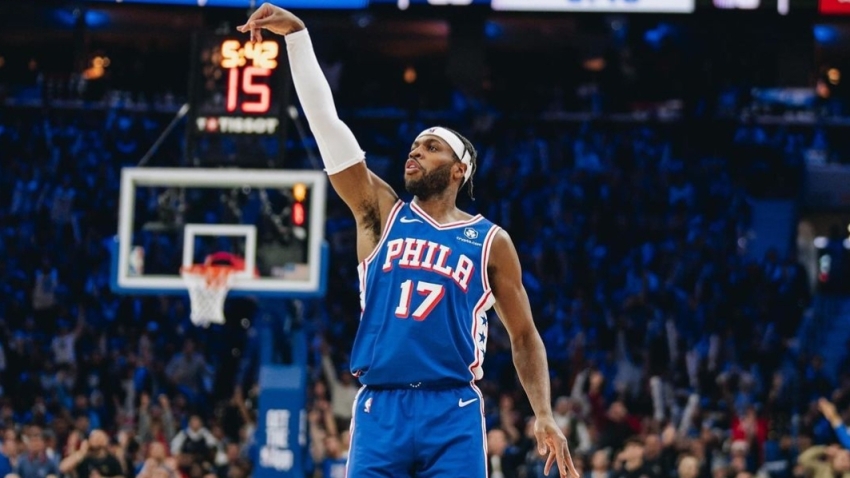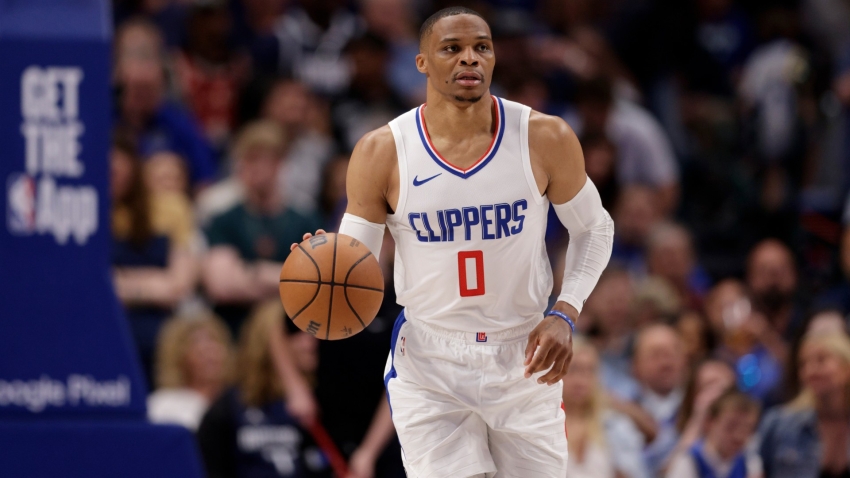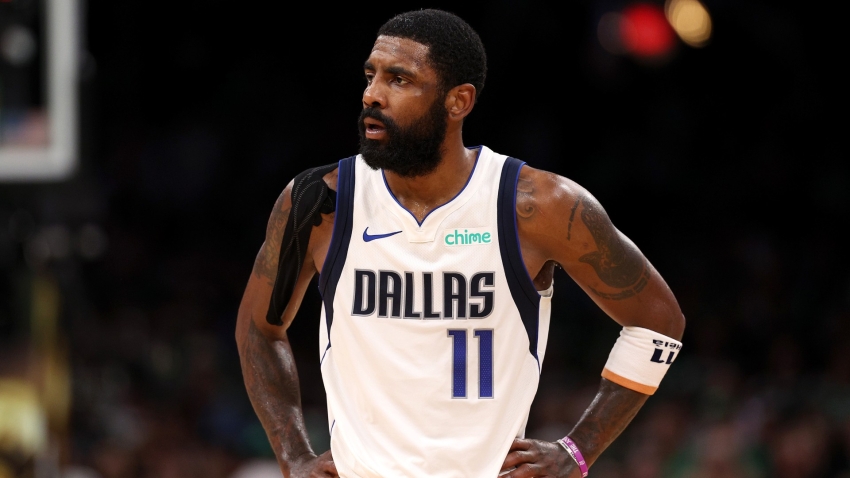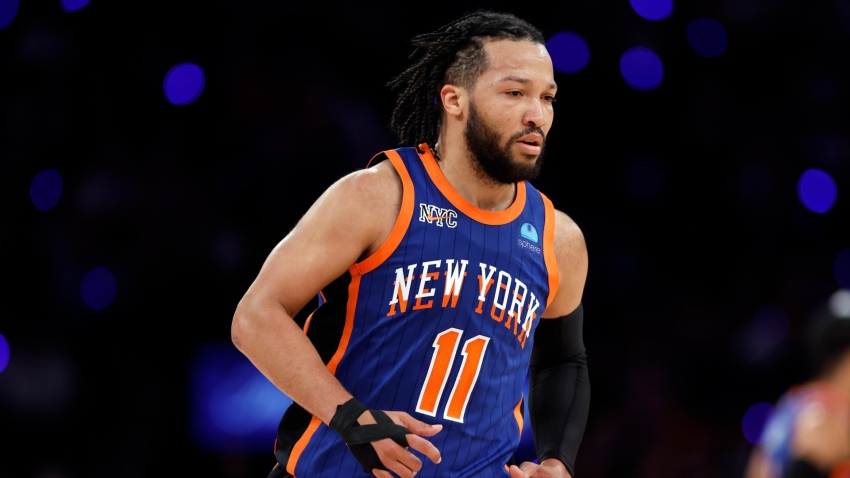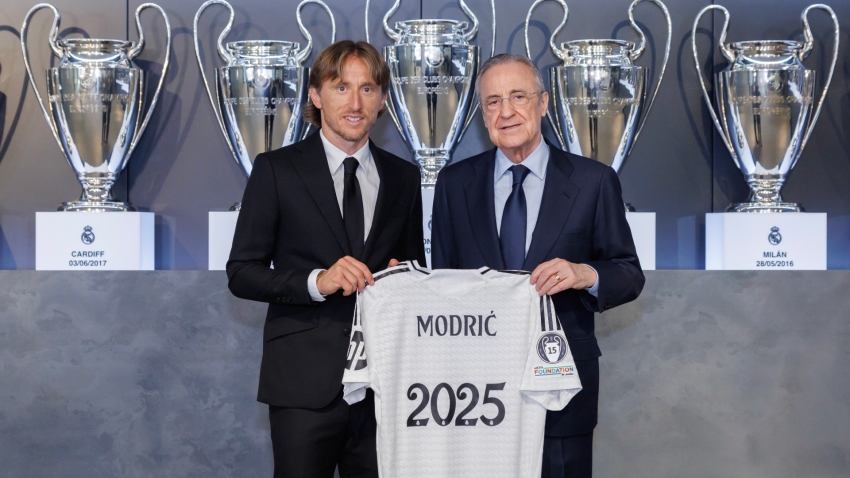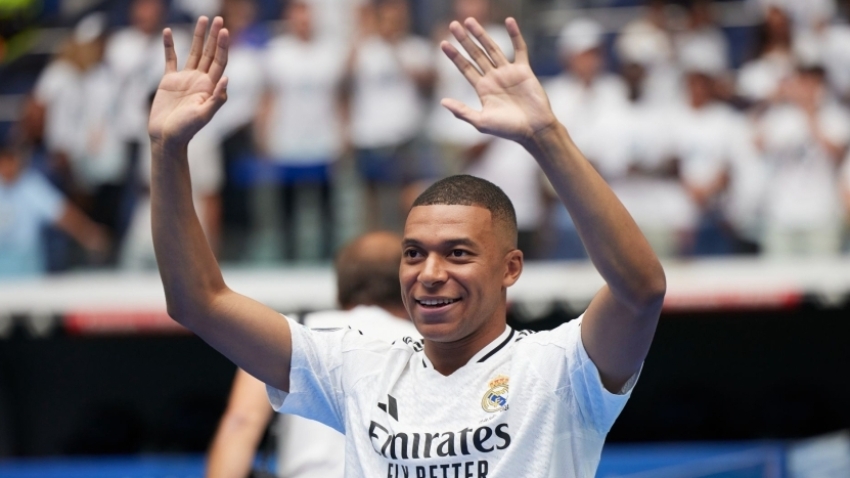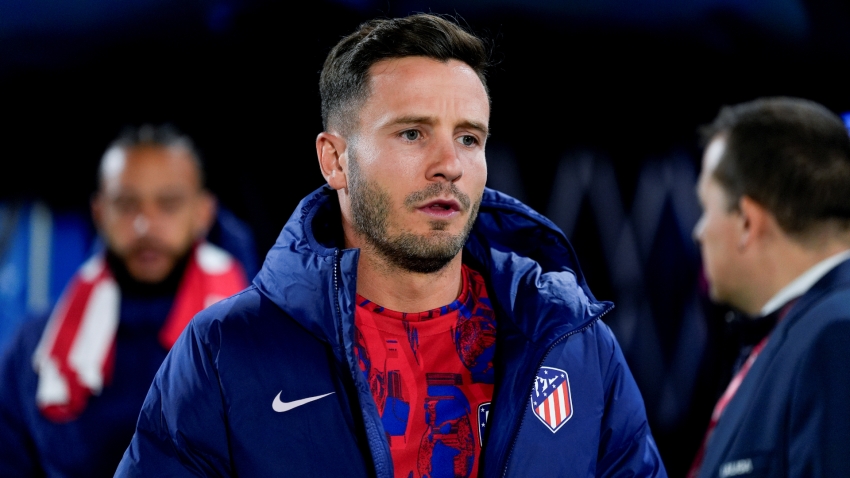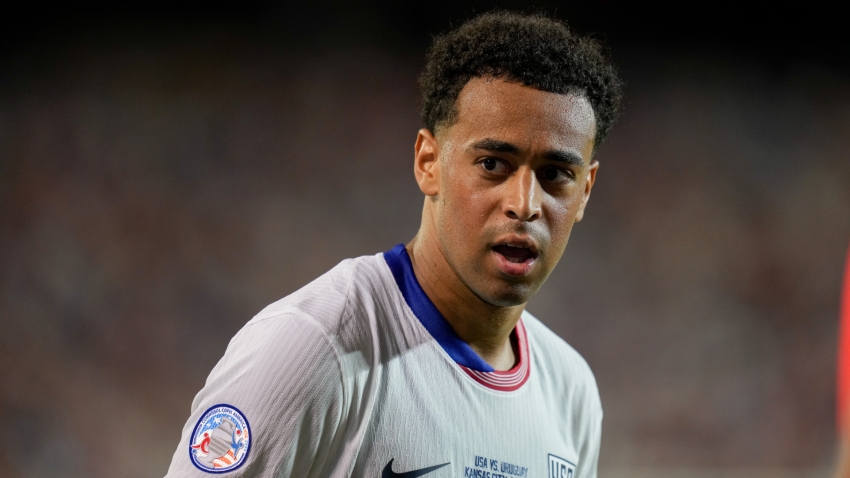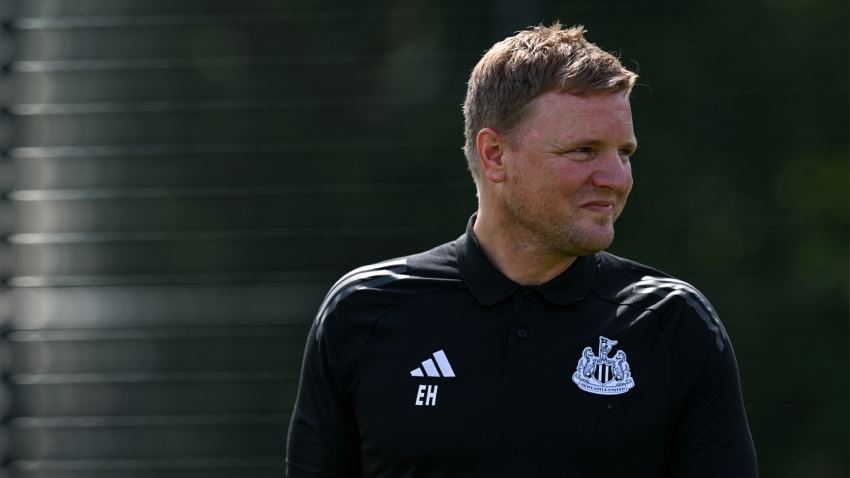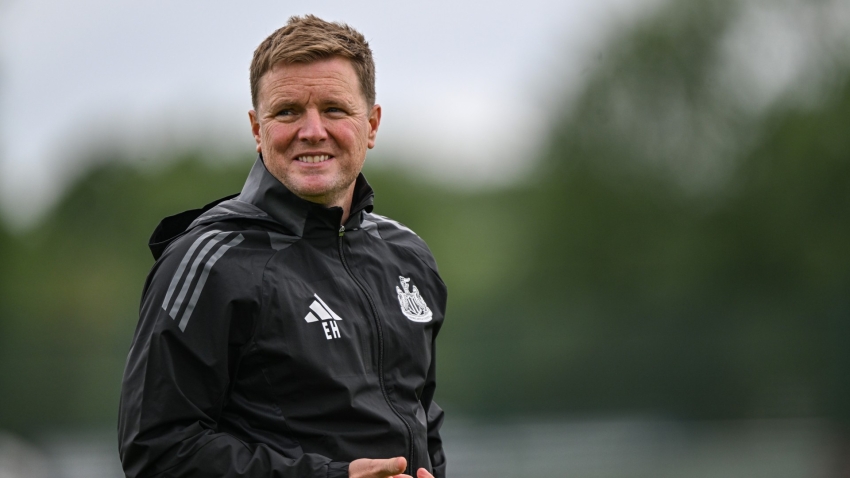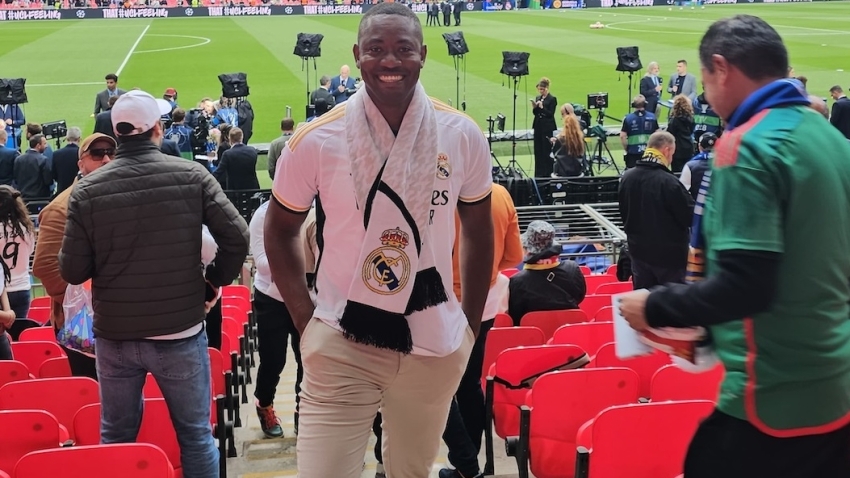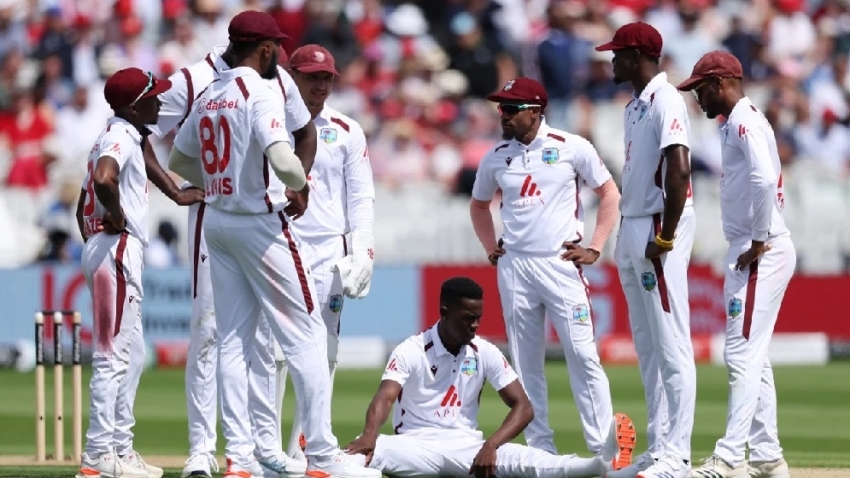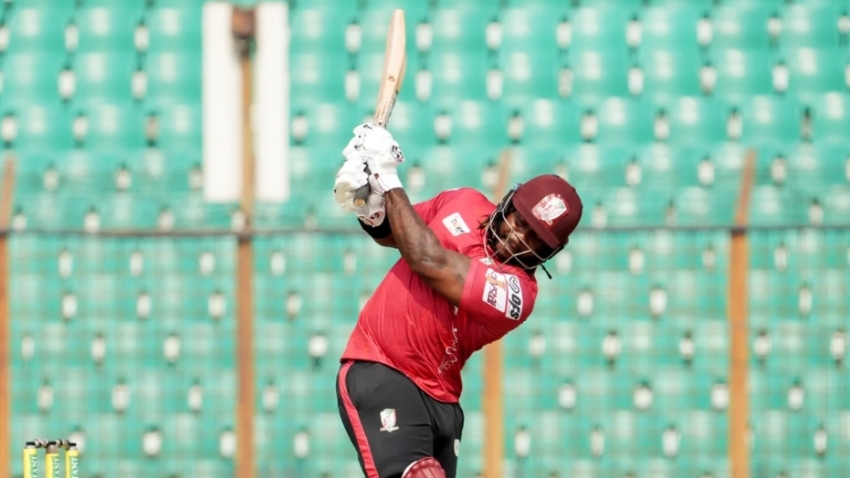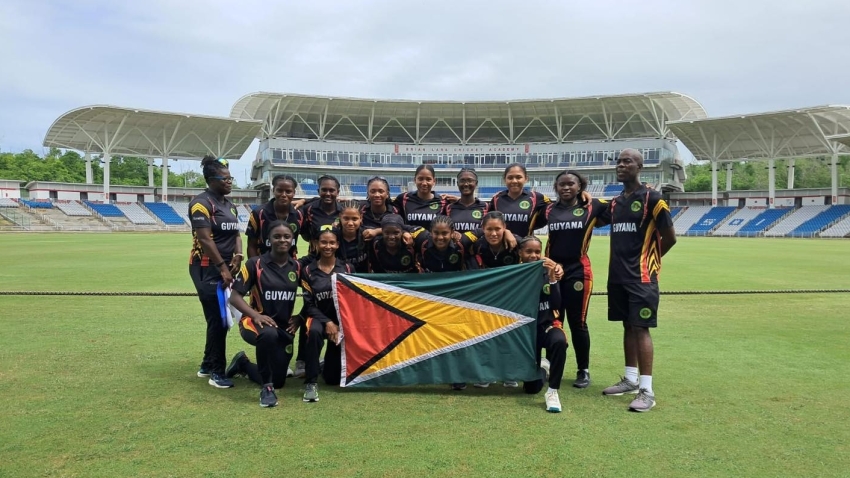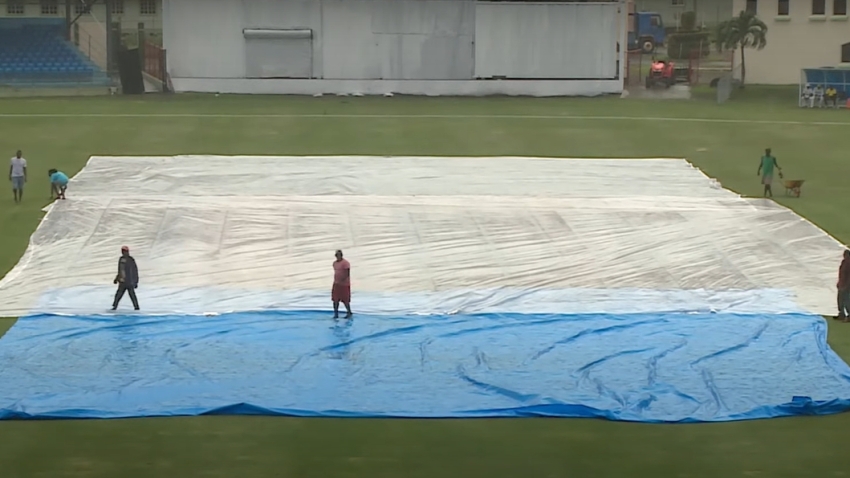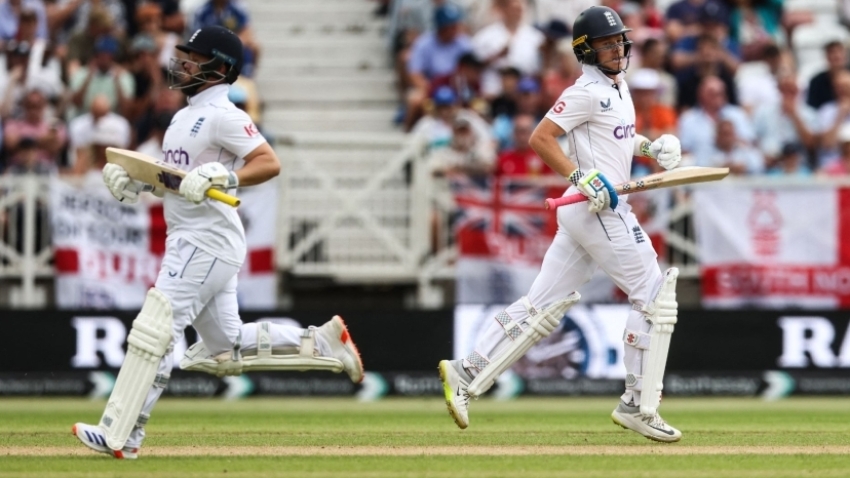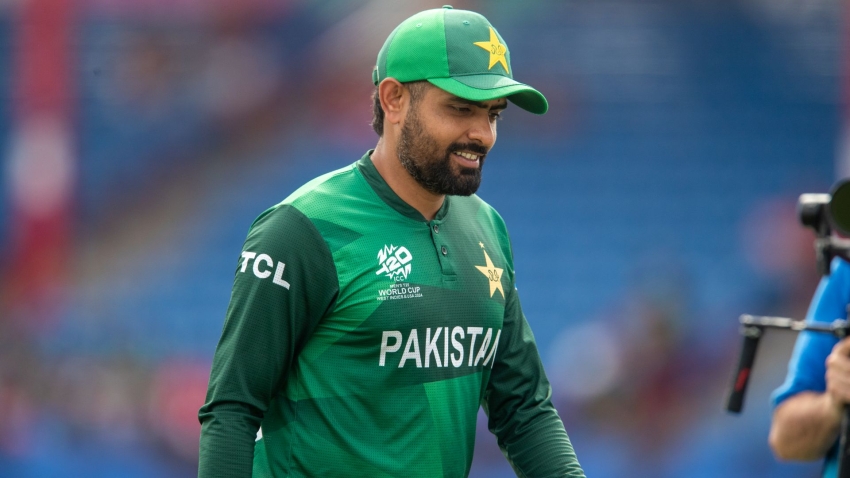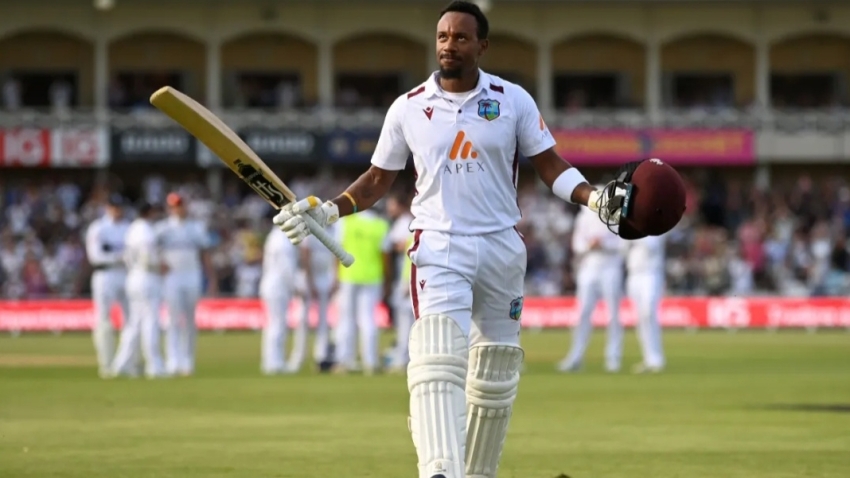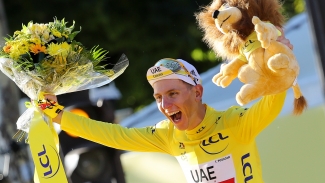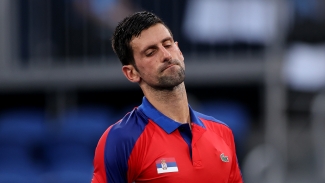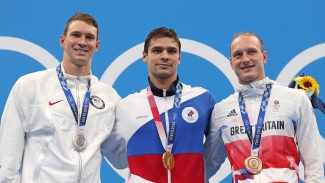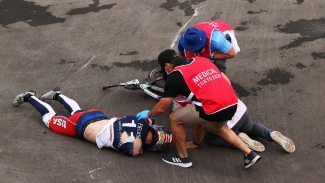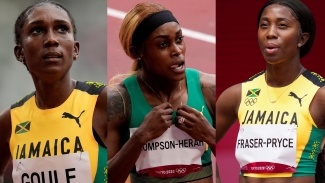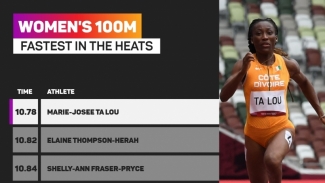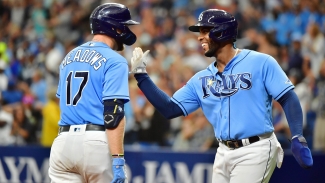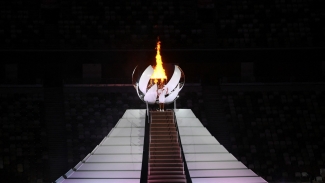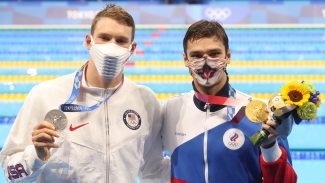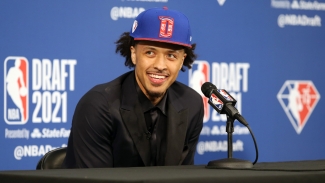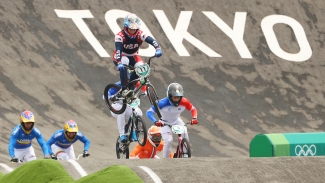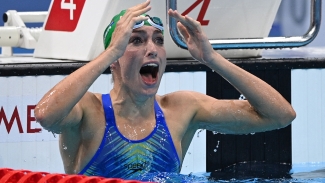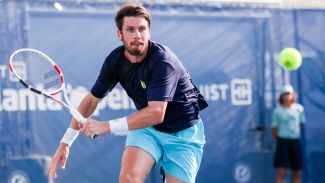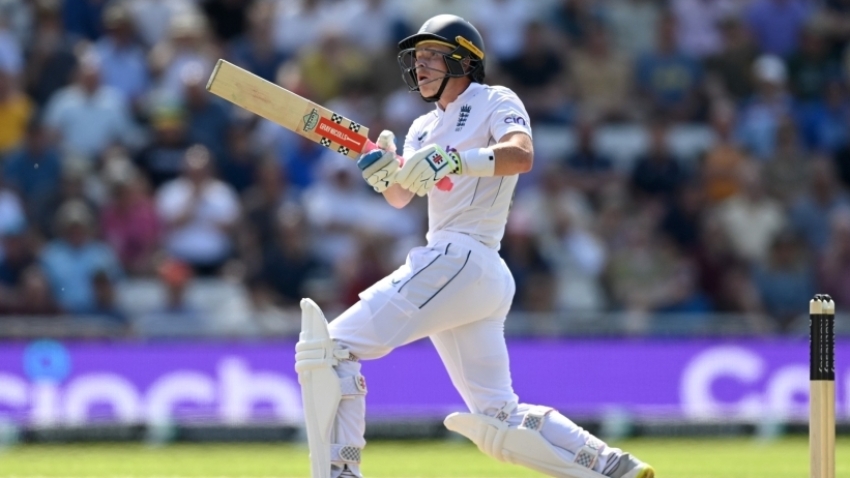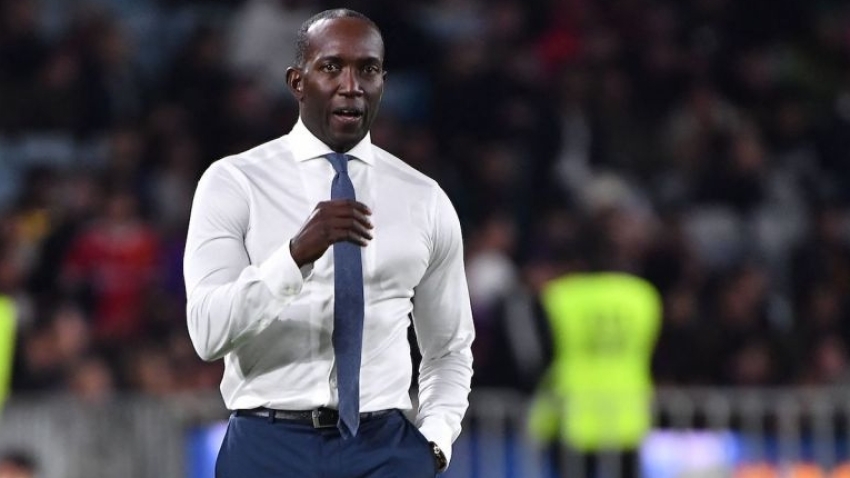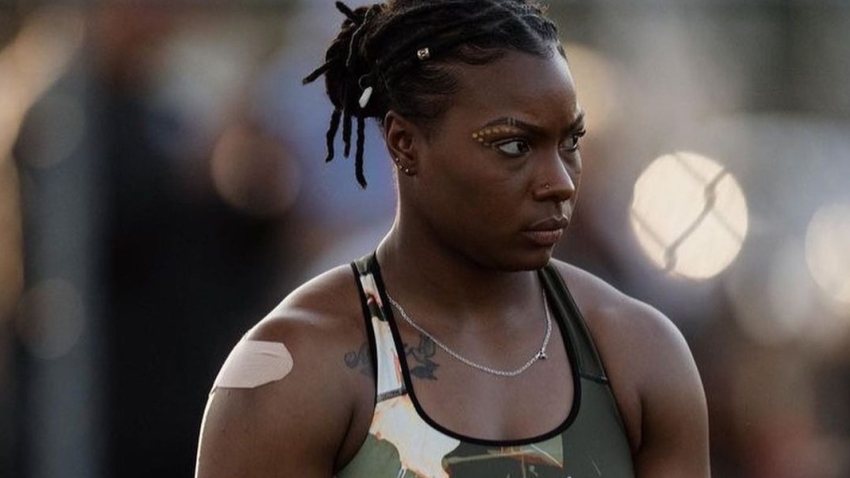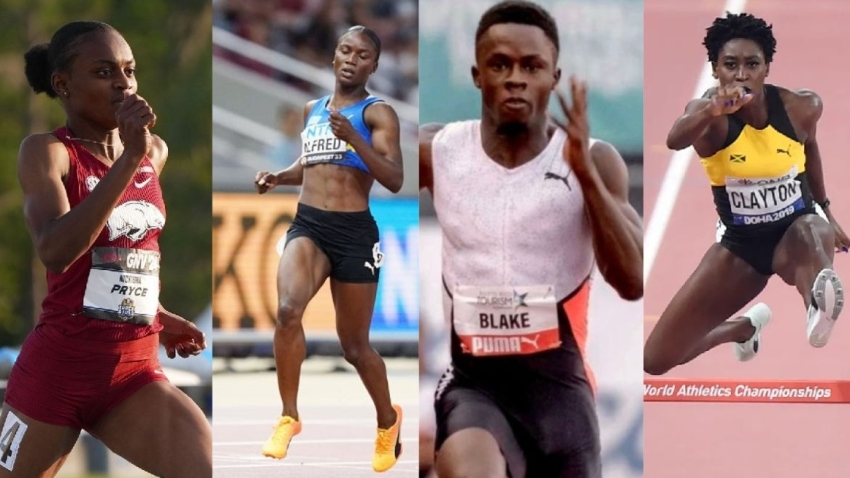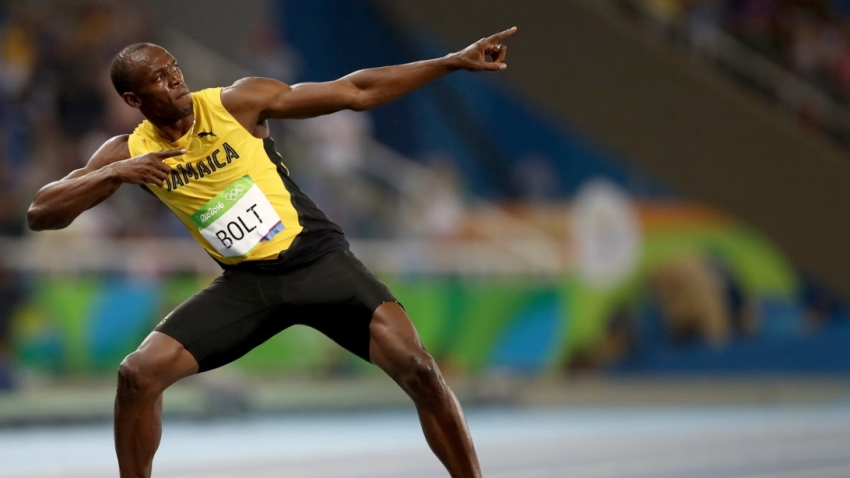It's already been a week since Naomi Osaka lit the Olympic cauldron.
The Games like no other, the Games that no one wanted, the pandemic Games... whatever you want to call them, the Games began and Friday now brings the first day of athletics to Tokyo 2020.
So, what's the state of play out in Tokyo?
Stats Perform journalist Peter Hanson has been out in the Japanese capital and answers some of the big questions to give us an overview.
Where were we prior to the Games?
The perception from afar of the public attitude in Tokyo, and indeed all around Japan, was one of fear, mistrust and indeed anger that the Games would take place despite being in the midst of a deadly pandemic.
Back in January, a survey by Kyodo News Agency found approximately 80 per cent of people did not want the Games to take place as scheduled. As recently as April a different poll by consultancy firm Kekst CNC suggested 56 per cent did not want them to go ahead.
By June, there was an indication that public angst was softening a little when the conservative newspaper Yomiuri found 50 per cent of its responders wanted the event to go ahead, up from 39 the month before, while those thinking it should be cancelled dropped from 59 to 48.
Still, there was a very real reminder that significant opposition remained when protestors could be heard outside the Olympic Stadium at the opening ceremony.
There were other PR difficulties to contend with, too. Leading Japanese brand Toyota – which has a lengthy Olympics association – pulled all advertisement relating to the Games on Japanese TV.
On the eve of the opening ceremony, its director resigned over comments made about the holocaust, while a composer stepped away amid allegations of bullying. A few months earlier, the creative director resigned following derogatory remarks about women.
So, yeah, it wasn't exactly the normal pre-Olympics buzz.
Has there been a shift in mood among the residents of Tokyo?
My own personal experience of the locals here has admittedly been restricted to those working at the Games – even my hotel is on a designated list of accommodation facilities the media have to stay at – due to the agreement made in my activity plan for the Japanese government to only visit Games-specific venues.
But there has been overriding enthusiasm from those involved. Everyone working at the venues, at the media centre, at the transport mall, on the shuttle buses, goes above and beyond to help solve issues or direct you to the right destination – all with big smiles and a customary bow, even when standing for hours in the searing 30-degrees temperatures or the tropical downpours.
Koki Horada is a local freelance video journalist working alongside me for Stats Perform at these Games. Koki spent over 20 years living and working in the UK and he thinks there has been a shift in the perception of the Olympics in Tokyo.
"Before the opening ceremony many people protested against the Olympic Games but once it started the mood changed," he told me.
"I think the opening ceremony helped and also the judo where the Japanese men got a gold medal.
"Now the Japan team has a lot of gold medals. And there's people with a kind of nationalism or love for Japan or for the Olympic Games [as a result of that]."
Japan has had a fair bit of home success so far – is that helping to change the mood?
The best way for any host nation to capture the imagination of the public has always been to rack up the gold medals – I remember for example being completely enthralled in 2012 by the success of Team GB in London.
It feels particularly important that Japan do well in these Games and, so far at least, the home favourites have been pretty impressive.
There have been some disappointments. Daiya Seto failing to even get out of the heats when favourite in the men's 400m individual medley on the first night of swimming being one. The significantly more damaging one, of course, being cauldron-lighter Osaka's third-round exit to Marketa Vondrousova in the women's tennis.
But there has been plenty to celebrate, too. Yui Ohashi grabbed a medley double in the pool, Chizuru Arai and Takanori Nagase earned judo golds, and earlier this week Japan actually led in the medal table.
So, even the sceptics may have been swayed by watching the Japanese favourites succeed at these Games.
Koki tells me that actually plenty were already in support of the Olympics but perhaps did not feel as though they could make such an opinion heard.
"I think the media reported that more than half of the people were against the Olympics but it's not true, I think," he said.
"I think it's just Japanese culture, always Japanese people want to join the majority opinion. That's just culture, it's the difference between say European and American people.
"The people who wanted to support or wanted to enjoy the Olympic Games couldn't say so or they couldn't show the attitude beforehand, but now things started changing more."
Is COVID still causing concern?
I mean, where isn't it?
By Wednesday, the capital recorded over 3,000 cases in a single day for the first time during the pandemic.
Thursday's numbers showed there were 3,865 in Tokyo, 10,000 in Japan in total (the first time they had ever exceeded 10,000), and 193 Olympics-related coronavirus infections had been recorded.
It's impossible not to feel slightly apprehensive at times, it was certainly a factor I myself battled with before deciding to fly out here.
The thing is, though, that – certainly within the infrastructure of the Games – every step has been taken to reduce infections. There are temperature checks to get in every venue, testing every four days (it's more regular for athletes), hand sanitiser everywhere you turn, mandatory face masks and social distancing observed.
The Tokyo locals had come to expect some rise in cases. When it comes to COVID and infection numbers, though, what do you ever call an acceptable level?
Are the Games a success or will they be?
Truthfully, it's a hard question to answer. It just feels like the measures for "success" are too arbitrary.
And it really does depend on whose viewpoint you're looking at.
For the IOC and Tokyo 2020 organisers, the fact we are even here at all is probably a cause for celebration. Getting through to August 8 without major incident is now the real target for the bigwigs in charge.
Inside Tokyo, there probably will be a collective sigh of relief when hordes of athletes, officials and the world's media pack up their cases and return home.
Those watching around the world seem split firmly down the middle. For some, the Games offer a little escapism and the true moments of magic that only an Olympics can bring still resonate. For others, the empty stadiums and the COVID-related uncertainty over all events make it a poor experience.
Personally, I've always been somewhere down the middle on it.
I love sports, I love the Olympics, and the privilege I have to be out here when others can't be is absolutely not lost.
But it can be pretty surreal watching moments that should be playing out in front of raucous crowds occur to just the ripples of noise from their supporting team-mates.
And, truthfully, the further I get towards the end point and flying home, the more that nagging voice in the back of my head saying "please don't get COVID, please don't get COVID" edges forward and becomes less of a whisper and more a constant scream.


